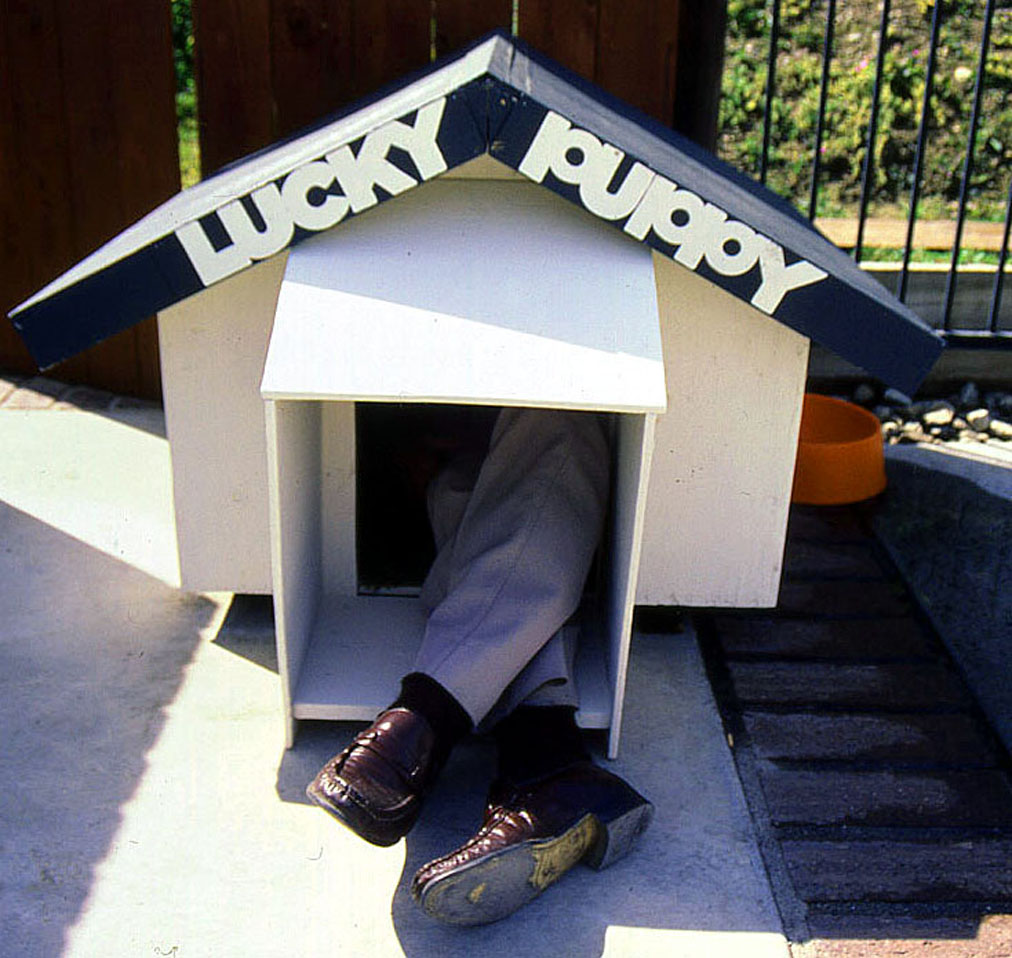
21 Sep Do we need to repay Social Security?
Photo: beglip/morguefile.comQ. After my dad died, I didn’t realize his bank account was still collecting Social Security benefits. This happened for seven months. No one has stopped the payments. What do I do? Can we keep the money that was already deposited?
— Surviving son
A. We’re sorry to hear about your dad.
In all likelihood, you will not be able to keep the Social Security benefits that were paid after your father’s death.
First, let’s be sure no one else is eligible to collect on your dad’s benefits.
This is especially important to determine if your mother is living, or if your father had a different wife, and/or if there are children who may be eligible, said Andrew Wang, senior vice president of Runnymede Capital Management in Mendham.
You can learn more about the eligibility rules here.
Here is an excerpt the Social Security Administration’s publication “How Social Security can help you when a family member dies.”
“If the deceased was receiving Social Security benefits, you must return the benefit received for the month of death or any later months. For example, if the person died in July, you must return the benefit paid in August. If benefits were paid by direct deposit, contact the bank or other financial institution. Request that any funds received for the month of death or later be returned to Social Security. If the benefits were paid by check, do not cash any checks received for the month in which the person dies or later. Return the checks to Social Security as soon as possible.
Wang said you need to visit your local Social Security office or call 1-800-772-1213.
He said you will need to furnish a copy of your father’s death certificate in order to stop the payments.
“As for the seven months of overpayment on the account, the government is going to want the money back,” Wang said. “If you cannot repay it all at once, you may structure a repayment plan.”
Generally, the sooner you address this issue, the better, Wang said.
He said you may want to speak with an attorney who can advise you in remedying this situation as quickly as possible.
“Be aware that collecting the benefits of the deceased is considered `Social Security fraud’ and can result in fines, restitution, and even imprisonment,” Wang said.
Email your questions to Ask@NJMoneyHelp.com.
This post was first published in September 2016.
NJMoneyHelp.com presents certain general financial planning principles and advice, but should never be viewed as a substitute for obtaining advice from a personal professional advisor who understands your unique individual circumstances.
